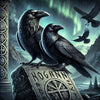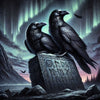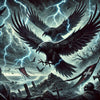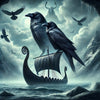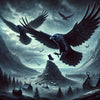How Norse Mythology Influenced Popular Culture
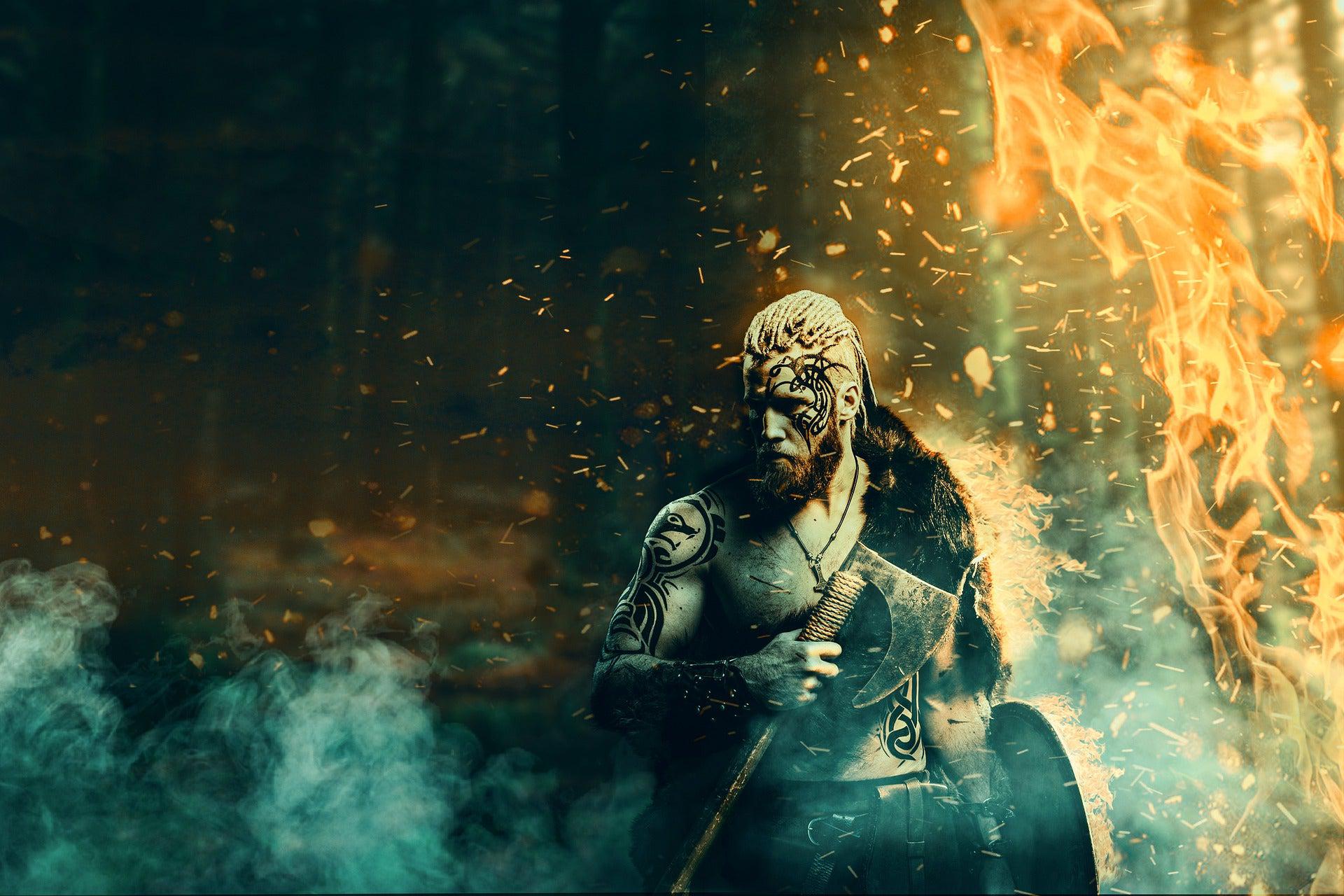
Norse Mythology in Popular Culture
Norse mythology is a rich and fascinating tradition that has captivated people for centuries. From the epic tales of gods and goddesses to the feats of legendary heroes, Norse mythology is filled with stories that have inspired countless artists, writers, and filmmakers. In this blog post, we will explore the enduring influence of Norse mythology in popular culture, from literature to film and television.
Origins of Norse Mythology
Norse mythology is the collection of myths and legends that were created by the ancient Norse people who lived in Scandinavia between the 8th and 11th centuries. The myths were passed down orally from generation to generation and were eventually written down in the 13th century in a collection of poems called the Poetic Edda and the Prose Edda. Norse mythology features a pantheon of gods and goddesses who are central to the stories and beliefs of the Vikings.
Norse Mythology in Literature
One of the earliest examples of Norse mythology in literature is the epic poem Beowulf, which was written in Old English in the 8th century. Beowulf is a hero who fights a series of monsters, including the dragon that ultimately kills him. The poem draws heavily on Norse mythology, with characters like Beowulf and Grendel drawing inspiration from Viking heroes and monsters. Other notable examples of Norse mythology in literature include J.R.R. Tolkien's The Lord of the Rings and The Hobbit, which were heavily influenced by Norse mythology. Tolkien drew on Norse legends to create the world of Middle-earth, with characters like Gandalf and Thorin Oakenshield drawing inspiration from Norse gods and heroes.
Norse Mythology in Film and Television
In recent years, Norse mythology has become a popular source of inspiration for filmmakers and television producers. One of the most successful examples of this is the Marvel Cinematic Universe, which features the Norse god of thunder, Thor, as a central character. The character of Thor is portrayed as a heroic figure who fights against evil and protects humanity. The films also draw on other elements of Norse mythology, such as the rainbow bridge Bifrost and the character of Loki, who is portrayed as Thor's mischievous brother.
Norse mythology has also been the inspiration for several television series, including the critically acclaimed Vikings, which tells the story of legendary Viking hero Ragnar Lothbrok and his family. The series draws heavily on Norse mythology and features a wide range of characters and storylines inspired by Viking legends.
Misconceptions about Norse Mythology
Despite its enduring popularity, Norse mythology has also been subject to misconceptions, such as the idea that Vikings were a barbaric and primitive society. In reality, Viking culture was highly sophisticated, with a rich tradition of art, literature, and storytelling. The Vikings were also skilled navigators and traders, and played a significant role in shaping the history of Europe.
Conclusion
In conclusion, Norse mythology is a rich and complex tradition that continues to captivate people to this day. Its enduring appeal can be seen in its influence on popular culture, from literature to film and television. By exploring the myths and legends of Norse gods and goddesses, readers can gain insight into the values and beliefs of Viking culture, as well as the enduring legacy of Norse mythology in the modern world.
